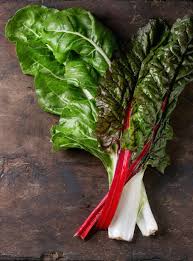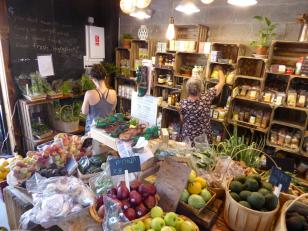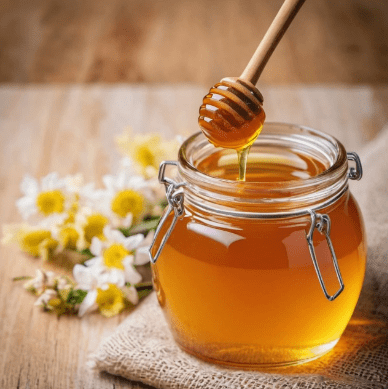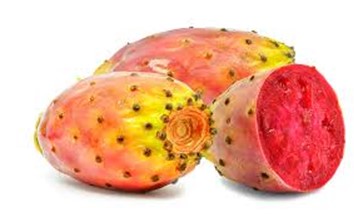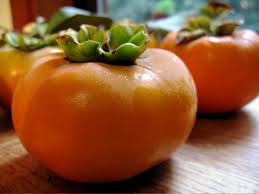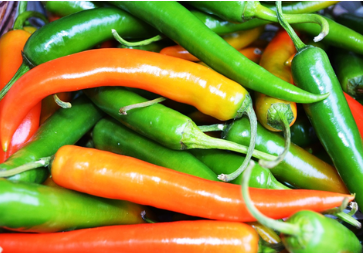Following the previous week, when we fantasized about rain and listed a brief overview of all the green leaves that winter brings us – a few more words about the greens (and the rain).
Indeed, a few drops did fall, but still we (and the crops) long for more. Please pray and hope with us – that the rain will come and saturate the fields and the trenches, that we will go harvest wearing our rubber boots and return with mud clumps stuck on the bottom of the soles and that also our boxes will include some organic mud (which, as known, is not dirt). That all the green leaves will stand tall and turn a wet and happy face toward the sky, and then reach our store (and our salad) full of green juices…
Although in the field and garden the green leaves love water, but once harvested, or separated from the vegetable to which they were attached – the water may pose a threat. So, when you bring home green leafy produce, be careful not to wash it, and store it in the refrigerator to retain the crispness, vitality and flavor of the leaves: wrapped in a paper towel and lying in a bag (containing the entire stems, including all the leaves), or inside a closed plastic box. The paper will absorb the excess moisture from around the leaf, thus delaying any decay processes that may begin.
One of the best known green leaves is the swiss chard, or beet-leaf. Compared to the beet known to us as an edible (and tasty) root, after years of breeding and patiently collecting the seeds to allow the most delicious and large bulb grown underground, in the case of the swiss chard the emphasis and attention were given to the part that springs out of the surface – the leaves. The family saga probably began with an ancestor who grew wild – a beet that caught the eyes of the gatherers who lived here in the early days when people walked around with very basic clothing and sandals. As with other plants, at first they collected whatever was around, enjoyed eating the stems and leaves, and only later began making efforts to produce longer stems and wider leaves.
Organic swiss chard is very good for the body (as are other organic leaves). Even if we take for granted the quantities of nutritional fiber and minerals it contains – it will still be credited for being rich with vitamin C, A and also K (A much less common vitamin), which is important for maintaining proper blood clotting, as well as for cognitive function. It is not very obvious (because we usually look for this vitamin elsewhere, such as in tahini or dates), but the swiss chard is also abundant with calcium, which is very important for maintaining bone health.
Right next to the Swiss chard is the kale, also laying on the shelf. It is hard to describe the amount of praise and glory these green dark leaves receive, which in recent years have become a rising star in the skies of healthy nutritional diet and green shakes. This can be summed up with the words "Super Food". The kale is definitely worthy of being accepted into the Super Food Club: a relative of the cauliflower and broccoli (a member of the Brassicaceae or Cruciferae family), it is also called "super cabbage" (just add a cape, some salt and pepper and there you have it!). It contains surprising amounts of vitamin K, vitamin A and vitamin C, in addition, it contains folic acid, zinc and iron. It contains materials that fight malignant cells and reduce the risk of cancer, antioxidants that protect eye health and very surprisingly -it is delicious in a salad (just make sure to cut it thin, because the leaves are tougher than those of lettuce, for example).
I hope you have already picked a nice bunch of green leaves to start the winter with, and that more good rain will come.
Maggie's Garden Team
Forecast:
In the ORGANIC vegetable baskets we expect (draft only):
Cucumber
Tomato
Lettuce
Potato
Kohlrabi
Eggplant
Parsley
Pumpkin
Swiiss Chard
The Large organic vegetable baskets also include:
Kale
Coriander
Pepper
In the ORGANIC fruit baskets:
Sweetie
Orange
Banana
The large ORGANIC fruit baskets also include:
Pomelo
Clementine
New! New! The ORGANIC Green Basket:
Swiss chard
Celery
Green Onion
Argula
Dill
A kind of lettuce
Mint
Sprouts
Spinach

